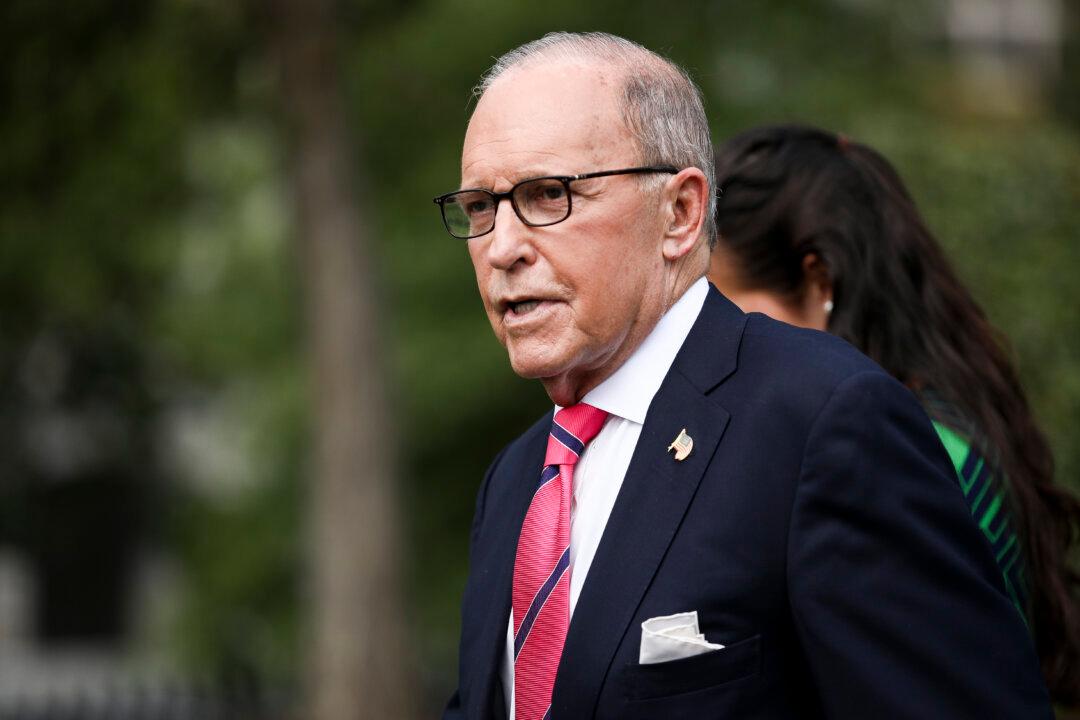WASHINGTON—White House economic adviser Larry Kudlow said that China’s human rights violations, as well as the pro-democracy protests in Hong Kong, are key parts of the ongoing trade negotiations with Beijing.
“Human rights is a very important part of this,” Kudlow told Fox Business’s Maria Bartiromo on Oct. 21. “That includes the freedom and democracy movement going on in Hong Kong. President Trump has made that very clear.”





